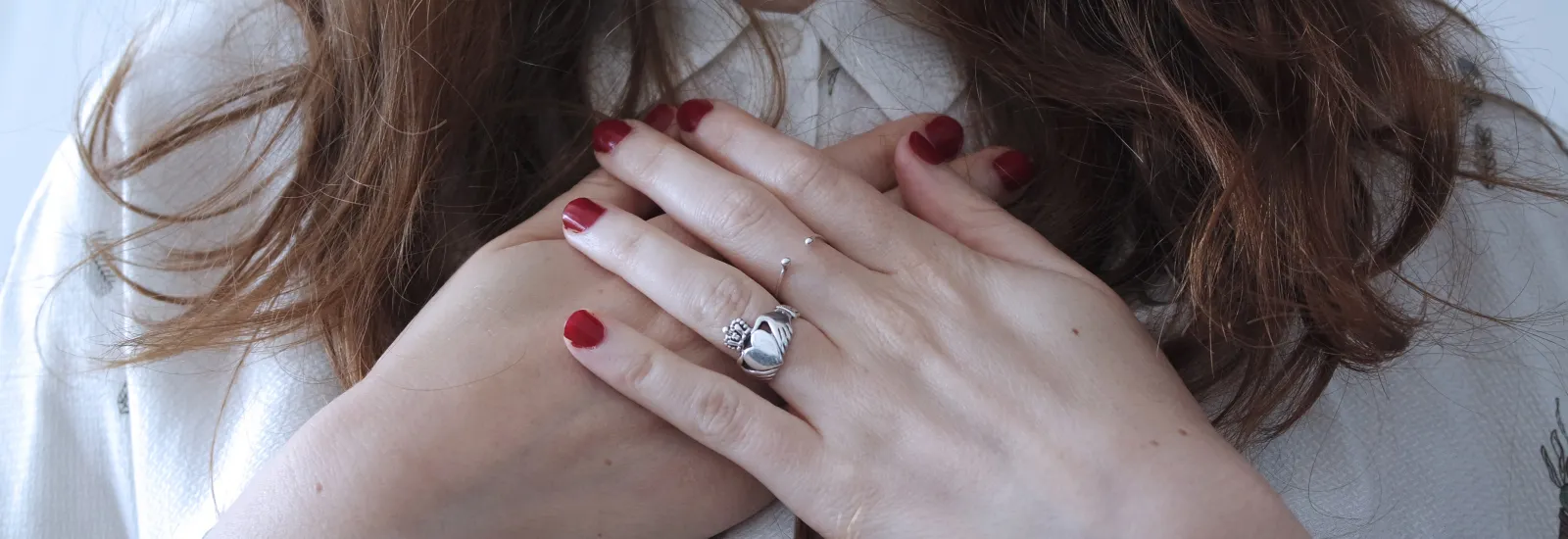
5 myths about heart disease in women
Many people aren't aware of the risks of heart disease in women. Fortunately knowing the truth about these common myths allows you to identify early warning signs get regular checkups and seek proper medical treatment to stay healthy. Here's five of these common myths busted.
Myth 1: Heart disease is more common in men
Heart disease is the leading cause of death for both men and women in the U.S. according to the Centers for Disease Control and Prevention (CDC). A review published in Current Problems in Cardiology reports that while heart disease death rates are declining in men this isn't the case for women. This could be a result of perceived lower risks insufficient post-heart attack followup care or lack of heart disease symptoms and screening. The CDC reports that only 54 percent of women know heart disease is their number one cause of death and 64 percent of women who die from it have no previous symptoms. Therefore regular checkups and screenings are crucial.
Myth 2: Signs of heart attacks in women are easy to spot
One reason heart disease in women is so dangerous is that women often don't know the symptoms and therefore don't seek medical treatment. Not all women experience chest pain while having heart attacks — in fact the Women's Heart Foundation notes that two-thirds of women's heart attack deaths occur in women with no history of chest pain. The American Heart Association (AHA) notes that symptoms of heart attacks in women — such as shortness of breath upper back pressure flu-like symptoms weakness and lightheadedness — can be subtle or easily mistaken for other health conditions. If you're witnessing or experiencing such symptoms don't hesitate to call a doctor or emergency personnel even if you're not certain it really is a heart attack.
Myth 3: Women are more likely to survive heart attacks
While heart attacks are not always fatal women are more likely than men to die after experiencing a heart attack. The Women's Heart Foundation reports that 42 percent of women who have heart attacks pass away within one year but only 24 percent of male heart attack survivors do — and for people under 50 heart attacks are twice as fatal in women as in men. One reason for this statistic may be that women are less likely to receive proper post-heart attack medications such as ACE inhibitors beta blockers and aspirin according to the Women's Heart Foundation. After experiencing a heart attack women should always discuss proper followup care with their doctors.
Myth 4: Heart disease only occurs in older women
A woman's heart disease risk does increase significantly after menopause according to the National Heart Lung and Blood Institute. But each year 83,000 women under age 65 and 35,000 women under age 55 suffer from heart attacks according to the Women's Heart Foundation. The AHA suggests that women have blood pressure blood cholesterol body mass index waist circumference and diet and exercise patterns screened regularly starting at age 20. Women with heart disease risk factors can request their doctor perform heart disease stress tests.
Myth 5: Active women don't get heart disease
Exercise does reduce a woman's risk for heart disease but doesn't make her risk free. Even women who exercise regularly can have other heart disease risk factors such as high blood pressure, high cholesterol, a poor diet, smoking, being overweight, having diabetes, being over age 55 or having a family history of early heart disease. A study published in Physical Medicine and Rehabilitation Clinics of North America reports that women who experience female athlete triad — characterized by disordered eating the absence of a menstrual cycle and osteoporosis — may be at higher risk of heart disease. Active women can lower their heart disease risks by eating plenty of heart-healthy foods like fruits vegetables whole grains legumes nuts seeds and plant-based oils and by losing weight if they're overweight.
Being aware of the risk factors for heart disease knowing the warning signs of heart attacks and seeing a doctor regularly will all help women reduce their risk of heart disease.
Reid Health offers discounted screenings 4 times a year. Visit reidhealth.org/screenings for more information or call 765-983-3358

